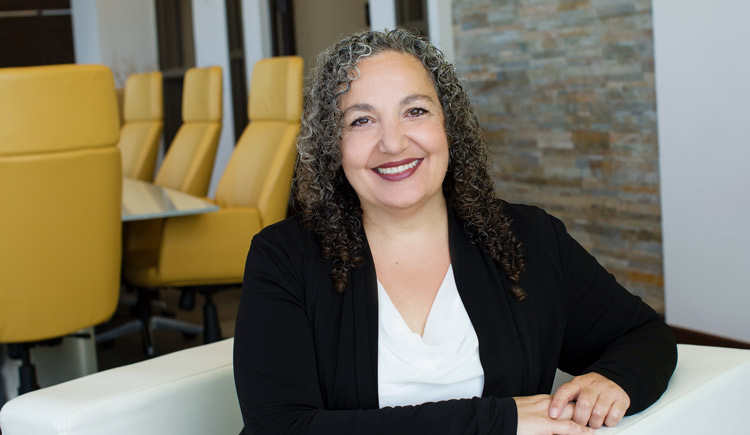Leadership - Executive Committee


Center Director
Professor, Cognitive Science, UC San Diego
Where were you born and raised?
I was born in Palo Alto and raised in San Carlos in the San Francisco Bay Area.
What is the one piece of advice you would give your younger self?
Trust your intuitions, your ideas and your work ethic. Worrying isn't worth it. Unfortunately, it is impossible to keep everyone happy.
Describe the moment when you knew you had to go into science?
My moments were cumulative. There was a moment in the fourth grade when our teacher, Ms. Press, brought a microscope into the classroom. That afternoon, my friend and I went to collect water from a local creek for the next day. One look at those organisms, and the world opened up for me. In fifth grade, Mrs. Gravdahl took us to an oceanography rig. They took a core of the earth and showed us, yet another wonderful world.
Despite bouncing around in college, the brain caught my attention like nothing else had. While teaching math at Menlo School in Atherton, I assisted cognitive psychologist, Bill Saufley and physiological psychologist, Arnold Leiman on a project funded by Steve Wozniak. When testing subjects at the Bay Area Head Injury Recovery Center in Berkeley, I met a woman with total retrograde amnesia, following a bout with herpes simplex encephalitis. At that moment, I knew I wanted to apply to graduate school in neuroscience.
Describe an aha moment you've had in the lab?
Most days bring a-ha moments, and that's what makes the rush-around of academics worthwhile. Watching the a-has of my scientific team is perhaps the most exciting part of life. I love it when they drag me off of email to watch the best parts of their experiments. When you do behavioral neurophysiology, you can directly observe how the brain responds to the world during specific behaviors. Watching the brain in real-time is a privilege that few get to experience.
What is one significant advance TDLC research has brought to the science of learning?
When we organized our science, we wanted to create formal mathematical models of learning. Mathematical algorithms are tangible items that we can repeatedly assess from different angles. By taking this approach, we have advanced a number of promising ideas, such as how to time studying for optimal retention and to build social robots that learn.
What do you hope to accomplish in the next seven years?
I would like to work as a team to launch a global science of learning. Applying our knowledge towards learning could help communities flourish. Learning, after all, is what any biological organism does to make its way in the world. Focusing science on understanding learning would have a big impact.
In my own lab, I hope to work with my team to understand how the brain and body temporally coordinate their physiology to regulate during social decisions.
What is your favorite TDLC value?
Bold
Andrea Chiba, PhD, is a professor in the Department of Cognitive Science and director of TDLC. Dr. Chiba earned her bachelor's from the University of California, Berkeley and subsequently taught high school math. She earned her PhD in neuroscience from the University of Utah.
Dr. Chiba's lab investigates the neural systems underlying attention, learning and memory. She has authored dozens of papers and other publications and has organized and participated in international workshops to help educators and policy-makers understand how the science of learning provides a strong foundation for educational excellence.